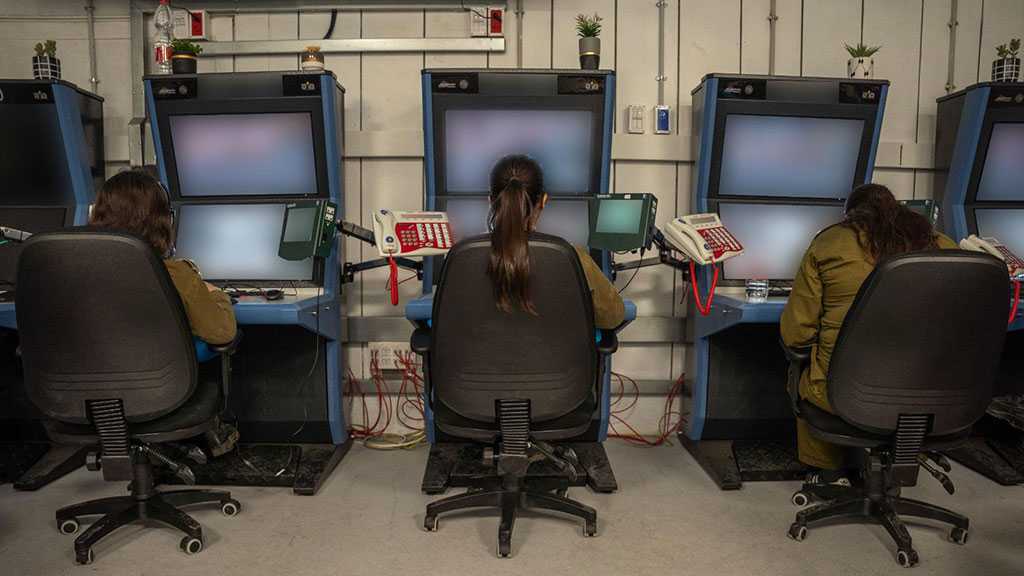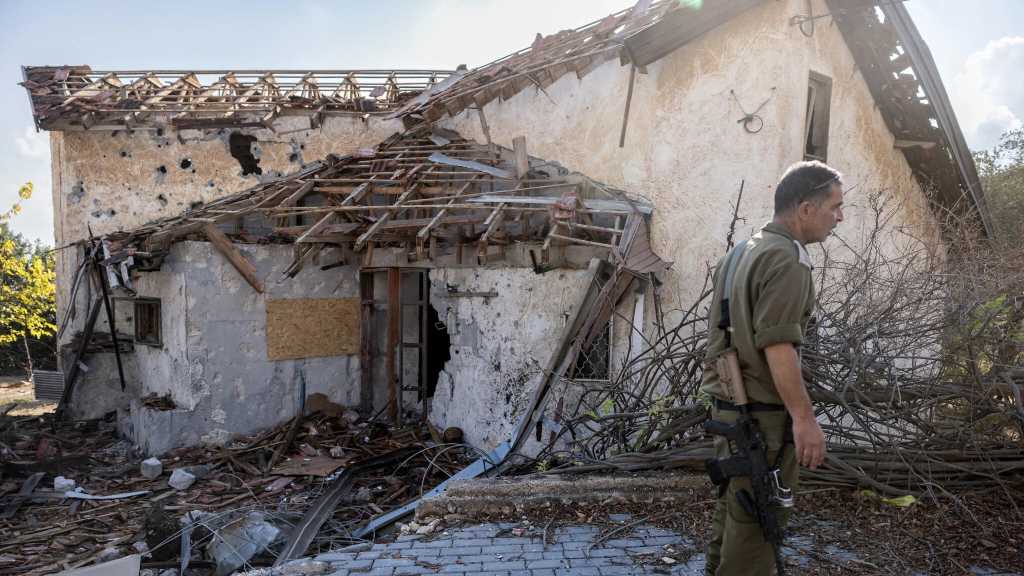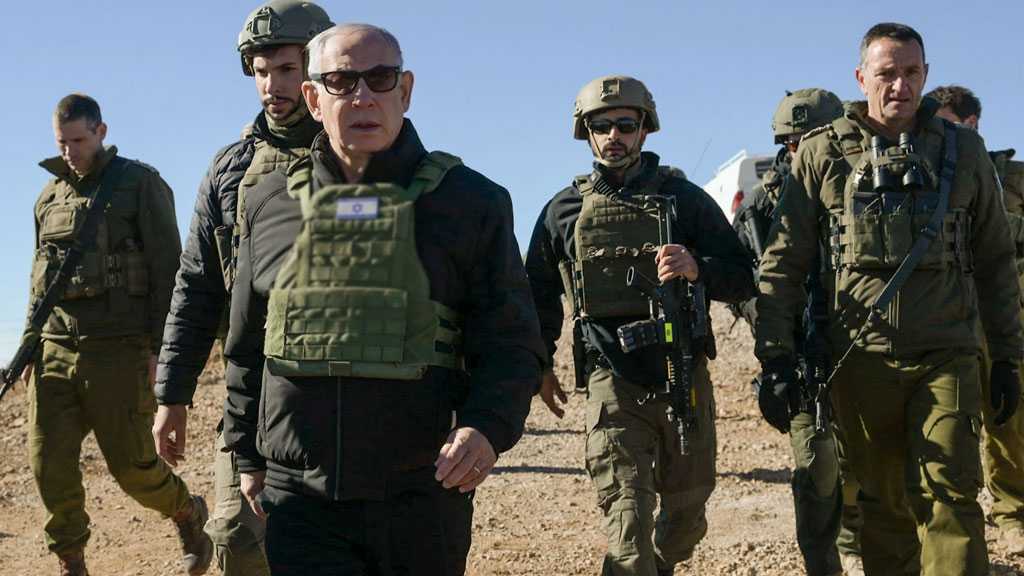IOF Relocates 75% of Spotters on Lebanese Border Amid Safety Concerns

By Staff, Haaretz
In response to growing concerns about the safety of “Israeli” army spotters stationed on the northern border with Lebanon, the “Israeli” Occupation Forces [IOF] has informed the soldiers' parents that 75% of these spotters have been relocated from the frontline. The move follows a petition filed with the “Israeli” entity's so-called “High Court” by parents worried about inadequate shelter and protection at their bases.
The petition, submitted in August, highlighted complaints from spotters about insufficient shelters amid ongoing Hezbollah operations and the looming threat of a raid similar to the deadly Hamas retaliatory Operation Al-Aqsa Flood on the “Nahal Oz” army post on October 7. That raid resulted in the deaths of 15 spotters and the kidnapping of seven others.
The IOF’s response, conveyed through a letter from Major Benny Bachar of the Chief of Staff's Office, assured parents that while many spotters have been moved to safer locations, those remaining at the frontline are stationed in areas with adequate protection.
The letter explained that maintaining surveillance close to troops, intelligence officers, and commanders is crucial, but the IOF is also studying comprehensive solutions for spotters' safety across all combat zones, including the north.
In addition, the letter addressed ongoing concerns about the conditions at the northern bases. The army is working to ensure that all bases have the necessary defenses against potential threats. The importance of spotters in providing close-range surveillance and intelligence means their relocation could affect the overall defense strategy.
Meanwhile, several spotters who were evacuated from a northern military post in July, after it was struck early in the war, faced military trials for leaving behind equipment. The soldiers contend that they left under orders from their commanders and that most equipment was either destroyed or taken by subsequent forces.
The IOF has noted that such cases are handled according to routine procedures, with most soldiers found not at fault, although some received reprimands or fines.
This situation underscores the ongoing challenges and dangers faced by “Israeli” soldiers stationed in high-risk areas, and the IOF's efforts to address these concerns while maintaining operational effectiveness.
Comments
- Related News




